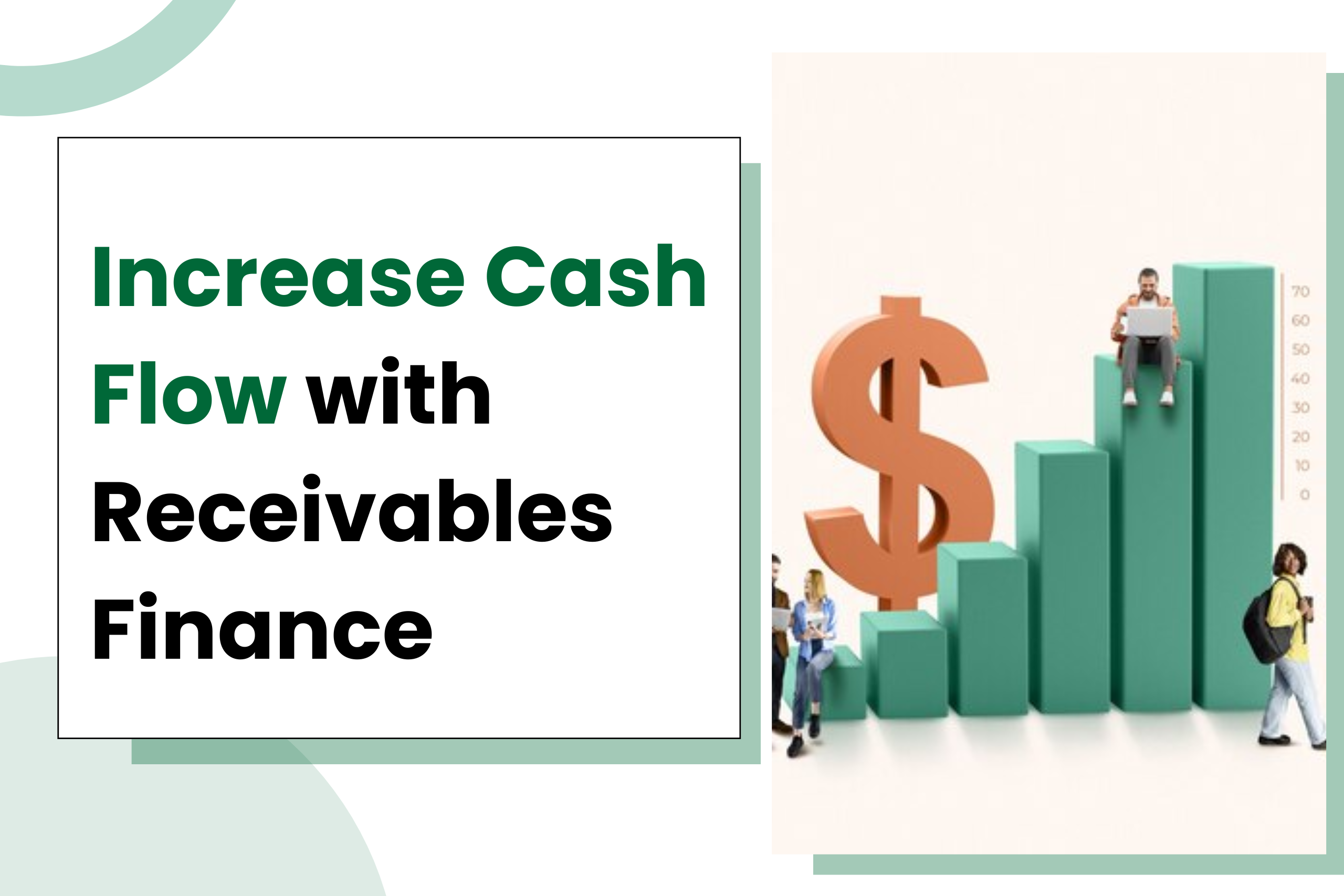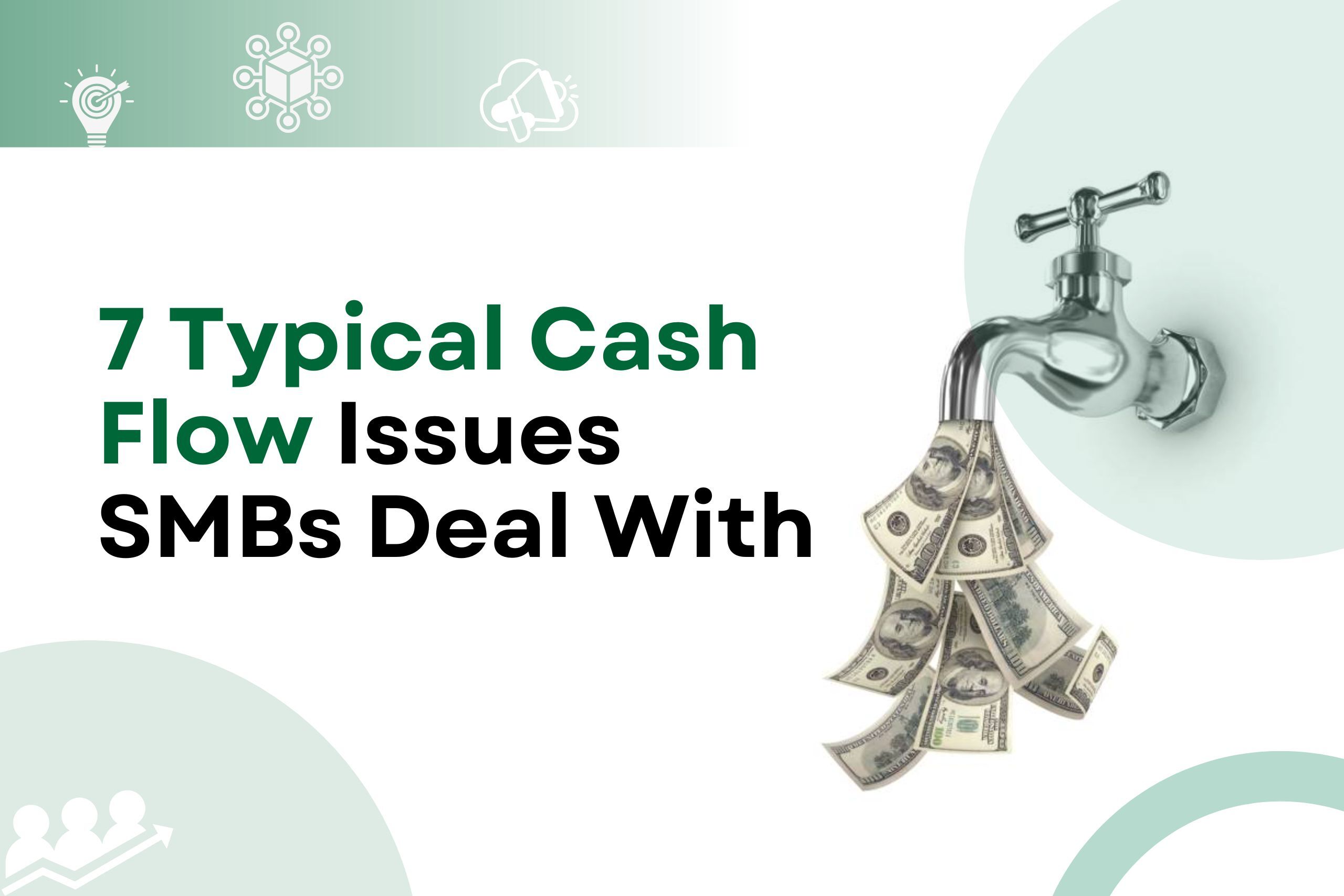Cash flow bottlenecks can cripple even the most promising businesses. When funds are tied up in unpaid invoices, it becomes challenging to cover day-to-day expenses, seize new opportunities, or scale operations. For businesses looking to resolve this issue, commercial factoring offers a powerful solution.
In this detailed guide, we’ll explore what causes cash flow bottlenecks, how commercial factoring works, and why it’s an excellent choice for businesses aiming to boost their financial health and operational efficiency.
What is a Cash Flow Bottleneck?
A cash flow bottleneck occurs when a business lacks sufficient liquid funds to cover essential expenses such as payroll, inventory, utilities, or vendor payments. While revenue might be strong on paper, delays in receiving payments from customers can create a financial logjam that hinders business operations.
Symptoms of a Cash Flow Bottleneck:
- Struggling to pay suppliers on time.
- Difficulty meeting payroll deadlines.
- Turning down new business opportunities due to a lack of funds.
- Over-reliance on credit lines or loans.
Common Causes of Cash Flow Challenges
a. Extended Payment Terms
Many industries operate on payment terms of 30, 60, or even 90 days. This delay in receiving funds can strain cash reserves.
b. Rapid Growth
While increased sales are exciting, they often require upfront investments in inventory, labor, and equipment before payments are received.
c. Seasonal Fluctuations
Businesses in industries like retail or agriculture often experience uneven cash flow, with busy seasons generating revenue that must stretch through slower months.
d. Late Payments
Customers who fail to pay on time exacerbate cash flow problems, forcing businesses to chase payments or incur costs to borrow funds.
e. Limited Access to Credit
Small or new businesses may struggle to qualify for traditional loans or credit lines due to limited credit history or inconsistent revenue streams.
Introduction to Commercial Factoring
Commercial factoring (also known as invoice factoring) is a financing solution where a business sells its unpaid invoices to a factoring company (factor) in exchange for immediate cash. This allows businesses to unlock the funds tied up in accounts receivable and address cash flow bottlenecks effectively.
Unlike traditional loans, factoring is not debt. It provides an advance on money already owed to your business, making it a viable option for companies of all sizes.
How Commercial Factoring Works
The process of commercial factoring typically involves the following steps:
Step 1: Generate an Invoice
You provide goods or services to your customers and issue an invoice with payment terms (e.g., net 30 or net 60).
Step 2: Submit Invoices to a Factor
You sell the invoice to a factoring company. The factor evaluates the creditworthiness of your customer, not your business.
Step 3: Receive an Advance
The factoring company advances a percentage of the invoice value, typically 70% to 90%.
Step 4: Customer Pays the Factor
Your customer pays the invoice directly to the factoring company according to the original payment terms.
Step 5: Final Payment
Once the factor receives the full payment, they release the remaining balance to you, minus a fee for their services.
Benefits of Commercial Factoring for Your Business
a. Immediate Cash Flow Relief
Factoring provides fast access to funds, often within 24-48 hours, helping you cover expenses without waiting for customer payments.
b. No Debt Incurred
Unlike loans, factoring does not add debt to your balance sheet. This keeps your financial profile healthy and supports future borrowing opportunities.
c. Flexible Financing
Factoring grows with your business. The more invoices you generate, the more cash you can access.
d. Improved Supplier Relationships
With reliable cash flow, you can pay suppliers on time, potentially qualifying for early payment discounts.
e. Outsourced Collections
Factoring companies manage collections, saving you time and ensuring professional interactions with your customers.
f. Support for Businesses with Limited Credit
Factoring relies on your customers’ creditworthiness, making it accessible even for businesses with poor or limited credit history.
Industries That Benefit Most from Commercial Factoring
While any business with accounts receivable can benefit from factoring, certain industries find it particularly valuable:
a. Transportation and Logistics
With high upfront costs and delayed payments from clients, factoring ensures cash flow remains steady.
b. Manufacturing
Manufacturers often face large orders with significant upfront costs. Factoring bridges the gap between production and payment.
c. Staffing Agencies
Factoring helps staffing agencies cover payroll obligations while waiting for clients to pay invoices.
d. Retail and Wholesale
Businesses in retail and wholesale can use factoring to maintain inventory levels and capitalize on seasonal demand.
e. Construction
Factoring helps construction companies manage expenses like materials and labor while waiting for project payments.
Key Considerations Before Choosing a Factoring Partner
To ensure factoring works for your business, consider these factors when selecting a partner:
a. Fees and Rates
Understand the cost structure, including advance rates, factoring fees, and any hidden charges.
b. Customer Experience
Choose a factor with a reputation for professional and courteous interactions with your customers.
c. Funding Speed
Look for a factoring company that can provide fast approval and funding.
d. Contract Terms
Check for flexible agreements and avoid long-term contracts unless you’re comfortable with them.
e. Industry Expertise
Select a factor familiar with your industry’s unique challenges and payment practices.
How to Get Started with Commercial Factoring
Step 1: Assess Your Needs
Identify how much funding you require and the invoices you want to factor.
Step 2: Research Factoring Companies
Compare factors based on fees, reputation, and industry expertise.
Step 3: Apply for Factoring
Submit an application along with relevant documents, such as invoices and customer details.
Step 4: Get Approved and Funded
Once approved, the factor will advance funds, providing immediate relief for cash flow bottlenecks.
FAQs About Commercial Factoring
Q1. How much does factoring cost?
Factoring fees typically range from 1% to 5% of the invoice value, depending on factors like invoice size and customer creditworthiness.
Q2. Is factoring suitable for startups?
Yes, startups with reliable customers can benefit from factoring, even without an established credit history.
Q3. Will my customers know I’m using a factoring service?
Yes, customers are informed since they pay the factor directly. However, reputable factors handle interactions professionally.
Q4. Can I factor all my invoices?
Most factoring companies allow you to choose which invoices to factor, offering flexibility based on your needs.
Conclusion
Cash flow bottlenecks can be a significant barrier to growth, but they don’t have to hold your business back. Commercial factoring provides a reliable and flexible solution to unlock the funds tied up in accounts receivable, enabling you to cover expenses, invest in growth, and seize new opportunities.
By choosing the right factoring partner and leveraging this powerful financial tool, you can eliminate cash flow bottlenecks and position your business for long-term success.




